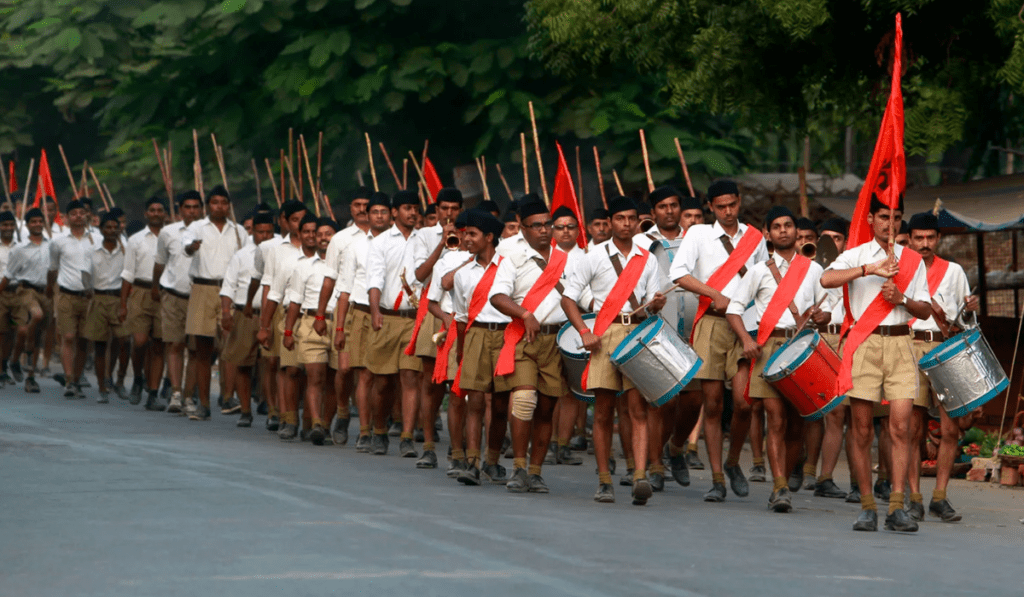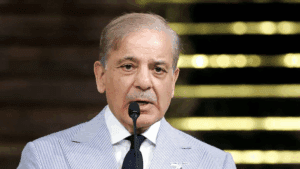On July 9, the DoPT lifted the ban on government employees participating in RSS activities. 42 years ago, a Supreme Court decision allowed RSS-affiliated individuals in government. Ramashankar Raghuvanshi, a Madhya Pradesh school teacher, was dismissed for his RSS involvement. The High Court overturned this as punitive; the state appealed to the Supreme Court.
Also read: आरएसएस पर कांग्रेस और भाजपा में विवाद: जयराम रमेश नाराज।
Constitutional Rights and Political Affiliations
In its judgment, the top court said: “We think it offends the fundamental rights guaranteed by Articles 14 and 16 of the Constitution to deny employment to an individual because of his past political affinities, unless such affinities are considered likely to affect the integrity and efficiency of the individual’s service.”
Also read: Mumbai Influencer, 27, Falls 300 Feet to Death While Filming
Employment Conditions and Political Neutrality
The ruling clarified that once employed by the state, individuals cannot engage in political activities and must adhere to constitutional rules. Post-employment, service rules govern their conduct, effectively safeguarding against adverse judgments for those with an RSS background.
Employee Rights and organization Participation
The Supreme Court highlighted that neither RSS nor Jansangh were accused of illegal activities or banned. Disagreement with their ideologies was irrelevant as per constitutional rights. Members held parliamentary roles with respect. The Court questioned why participating in political activities before joining government was seen as wrong, especially when the organization was not linked to subversion or illegality.











More Stories
India’s Active Covid-19 Cases Rise Above 2,700; Delhi Records First Fatality
Pak PM: India Fired Brahmos Before Our Retaliation
देहरादून: सूर्यधार रोड पर भिड़ीं गाड़ियां, शख्स को कुचलने की कोशिश; 9 गिरफ्तार